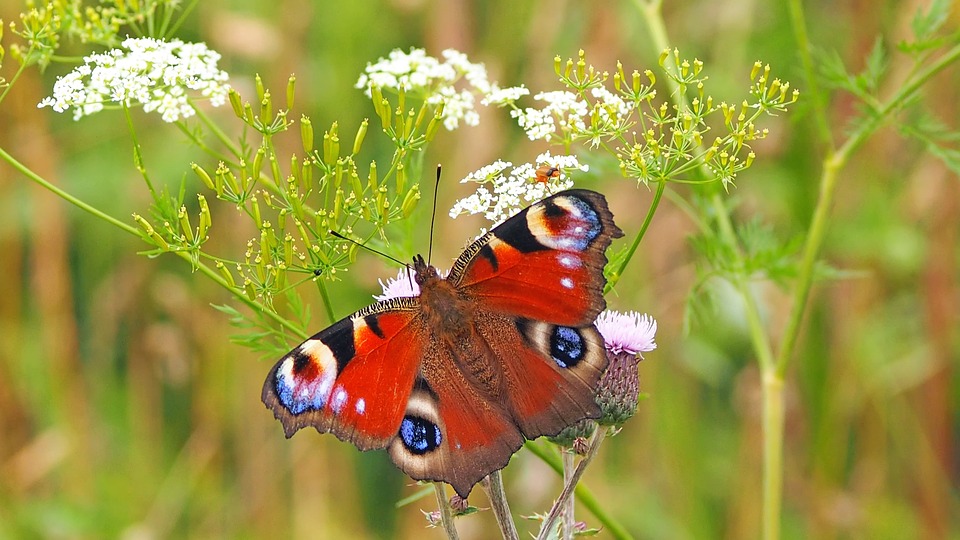Harnessing Nature: The Ingredients That Make Natural Bug Sprays So Effective
As summer approaches and outdoor activities beckon, so does the inevitable presence of pesky insects. From mosquitoes swarming during twilight picnics to ants invading campsite supplies, bugs can turn a beautiful day into a frustrating experience. While commercial bug sprays offer quick solutions, their synthetic chemicals often raise concerns about health and environmental safety. Fortunately, a rising trend in green living has led people to explore natural bug sprays, which are not only effective but also eco-friendly. This article delves into the ingredients that make natural bug sprays so effective and highlights the benefits of harnessing nature for pest control.
1. Essential Oils: Nature’s Powerhouses
At the core of many natural bug sprays is essential oils derived from various plants. These oils are known for their potent insect-repelling properties and appealing fragrances. Some of the most effective essential oils include:
-
Lemon Eucalyptus Oil: This oil contains PMD (para-menthane-diol), which is highly effective against mosquitoes and is recommended by the CDC as a natural alternative to DEET.
-
Lavender Oil: Not only does lavender smell delightful, but it also repels mosquitoes, moths, and even fleas.
-
Peppermint Oil: The strong scent of peppermint can deter many insects, including spiders and ants, making it a dual-purpose ingredient.
-
Tea Tree Oil: Renowned for its antiseptic properties, tea tree oil also acts as an insect repellent, providing added benefits in wound care.
- Citronella Oil: A well-known repellent, citronella works by masking scents that attract insects, thus keeping them at bay.
2. Vinegar: The Natural Deterrent
Vinegar, particularly apple cider vinegar, is another popular ingredient in natural bug sprays. Its acetic acid content alters the pH on the skin and works as an insect repellent. The strong odor can be off-putting to bugs without endangering humans, making it a versatile component in DIY bug sprays. It can also be used to create traps for fruit flies and other pests, showcasing its multifaceted utility.
3. Witch Hazel: The Soothing Agent
Witch hazel is a natural astringent derived from the bark and leaves of the witch hazel shrub. It serves as a base for many bug sprays due to its soothing properties on the skin, making it an ideal ingredient for after-bite treatments as well. Its slightly bitter scent can deter insects, while also providing relief from bites thanks to its anti-inflammatory properties.
4. Garlic: The Unpleasant Smell for Bugs
Garlic is not just for cooking; its pungent scent is a natural insect repellent. The sulfur compounds released from garlic act as a deterrent to mosquitoes and other pests. While people may love the flavor of garlic, insects are much less fond of its aroma, making it an effective addition to any natural bug spray recipe.
5. Alcohol and Witch Hazel: The Power of Combination
Combining alcohol with witch hazel creates a potent natural bug spray. The alcohol acts as a solvent, helping to extract and stabilize the essential oils in the mixture, ensuring effectiveness and longevity. Moreover, the alcohol can quickly evaporate, leaving behind the pleasing scents of the essential oils without the sticky residue often associated with commercial insect repellents.
6. The Role of Natural Emulsifiers
To ensure that the ingredients blend well, natural emulsifiers like vegetable glycerin or aloe vera gel are commonly included in natural bug sprays. These not only help to merge the oils with water, but they also provide skin-conditioning benefits, making the spray more pleasant to use.
Benefits of Natural Bug Sprays
-
Healthier for You and Your Family: Natural bug sprays contain fewer harmful chemicals, reducing the risk of skin irritations or allergic reactions, especially for children.
-
Eco-Friendly: By using biodegradable ingredients, natural bug sprays pose less harm to the environment, wildlife, and waterways compared to their synthetic counterparts.
-
Sustainable and Homemade: Many ingredients can be found in your kitchen or garden, promoting sustainability and reducing reliance on mass-produced products.
- Pleasant Scents and Benefits: Beyond merely repelling bugs, many of the essential oils used also provide aromatherapy benefits. They can promote relaxation, focus, or mood enhancement while keeping the pest population at bay.
Conclusion
Natural bug sprays harness the power of nature’s bounty by utilizing essential oils, vinegar, garlic, and other plant-based ingredients that effectively repel unwanted insects. By opting for these organic alternatives, individuals can protect themselves and their families from pests while simultaneously supporting a healthier planet. The next time you prepare for an outdoor adventure, consider reaching for nature’s own remedies rather than traditional chemical sprays, and experience the potent efficacy and peace of mind that comes with harnessing the best that nature has to offer.
